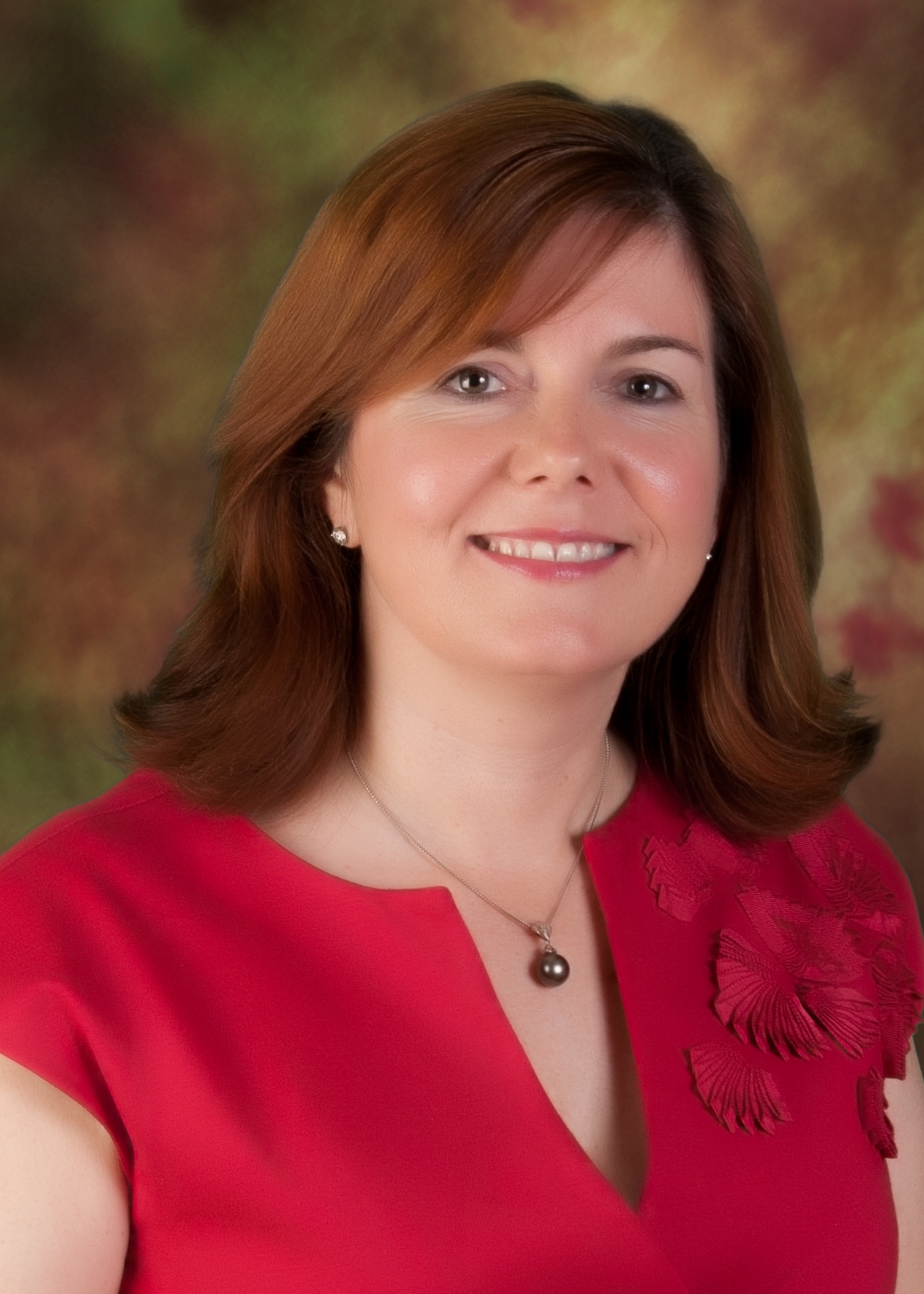
By Monica Ellis, CEO, Global Water Challenge
Water is the essential ingredient not only for our own individual wellbeing but also that of our families, communities, nations and economies. We’ve seen time and time again that when there is no water, children get sick, girls drop out of school, food supplies dwindle, economies falter and in the most extreme cases societal order disappears. We need look no further than Syria’s destabilization to see this.
The world is changing exponentially. Populations are growing and new lead centers of commerce, consumption and economy are emerging rapidly. By 2025, annual consumption in emerging markets will reach $30 trillion, which a McKinsey report[i] calls the biggest growth opportunity in the history of capitalism. Many of the countries, however, where growth is projected to be highest will suffer limitations related to water and sanitation. For instance, inadequate access to water and sanitation can have a downward pull on GDP between 2 and 7% annually. The release of the Sustainable Development Goals (SDGs) recognized the breadth of touchpoints water has across the larger development agenda from food to health to governance to ecosystems, highlighting the fact that achievement of water related goals, will in fact help achieve all goals.
Water plays a key role in ensuring that growth in the developing world occurs and represents a large opportunity for new and existing companies to gain ground. Take for example the theme for World Water Day in 2017, which is wastewater. Roughly 80% of the world’s wastewater is left untreated, which pollutes freshwater ecosystems and contaminates drinking water. In the same way this is a challenge, it is also a major opportunity as wastewater is a growing resource in the circular economy. Global Water Challenge’s partner, The Dow Chemical Company, is a leader in the wastewater reuse space, gaining recognition for projects in Spain, China, the United States and beyond.
Looking at the projected growth in emerging markets against the backdrop of the new Sustainable Development Goals, we at Global Water Challenge encourage companies both big and small, new and old, to:
- Scale up market-driven solutions: For example, WaterHealth International deploys modular, clean water kiosks to serve local communities in need of clean water. As a company, they have sought scale in partnership with the International Finance Corporation, Dow Ventures, Acumen Fund, The Coca-Cola Company and others, creating new jobs and serving needy communities in the process.
- Engage in communities: In program design, understanding community needs is essential. Sanitation is a huge market opportunity. Unilever has made a commitment to understand needs, barriers and challenges in communities to design sanitation and hygiene products and campaigns that both grow its business and better serve communities. For instance, up-front costs to buy household toilets in India are prohibitive for many families and as such, Unilever is working with PSI and the Bill and Melinda Gates Foundation to make sanitation financing more accessible to households and entrepreneurs. To meet a similar need of reducing up-front costs for sanitation in Ghana, Unilever is working with Water and Sanitation for the Urban Poor to create a subscription-based service for household sanitation.
- Collaborate: The new SDGs make collaboration a priority, highlighting public-private partnerships as means to achieve real progress. Shared value, or the act of addressing societal needs and challenges with business models, is fast becoming a feature of business as usual. The Coca-Cola Company, Vale and Camargo Correa have come together to use the core business capacity of measurement and data analytics to better solve environmental and social challenges in the Amazon. This cross business, sector and function collaboration is essential to drive new and sustainable solutions to business challenges.
In summary, I’d like to also highlight the increasing need for partnership, for non-traditional collaboration and for engagement in communities. Beyond funding, civil society and governments in the developing world need experiential partnership. Companies can lend their core competencies (market insights, distribution channels, supply chain best practices, etc.) to civil society and government partners to help them better achieve their missions. In many cases, some of the most successful collaborations involve not only funding but also paired expertise.
Sustainable growth begins and ends with the state (i.e., quality, availability and quality) of our water. Meeting the demands of our shared water future will be the key to “Winning the 30 trillion-dollar decathlon[ii].”
[i] Atsmon, Y., et. al. “Winning the $30 trillion decathlon: Going for gold in emerging markets.” McKinsey Quarterly, August 2012. http://www.mckinsey.com/business-functions/strategy-and-corporate-finance/our-insights/winning-the-30-trillion-decathlon-going-for-gold-in-emerging-markets
[ii] Ibid.
___________

Monica Ellis is CEO of the Global Environment & Technology Foundation (GETF), a leading not-for-profit foundation that advances sustainability through public-private partnerships. GETF works with leading companies, governments, civil society and philanthropists to support the development of sustainable communities. GETF currently manages RAIN and Project Last Mile in partnership with TheCoca-Cola Africa Foundation. Ellis also serves as CEO of Global Water Challenge, a coalition of companies and not-for-profit organizations committed to universal access to clean water and sanitation.
Founded in 2006, Global Water Challenge (GWC) is a coalition of leading organizations committed to achieving universal access to safe drinking water, sanitation and hygiene (WASH). GWC accelerates the delivery of safe water and sanitation through partnerships that catalyze financial support and drive innovation for sustainable solutions. Global Water Challenge’s donor membership includes The Coca-Cola Company, Dow, Ford, Merck, Kimberly-Clark, Cargill and Wallace Genetic Foundation. Its network of nearly thirty implementing organizations represents best in class partners and a global reach. In 2014, Global Water Challenge was selected by the Corporate Eco-Forum as winner of the CK Prahalad Award, which recognizes exceptional, globally significant private sector action that exemplifies the fundamental connection between sustainability, innovation and long-term business success in a globalizing world. In 2016, GWC celebrates it 10-year anniversary. For a short video on the organization’s first ten years, click here.
